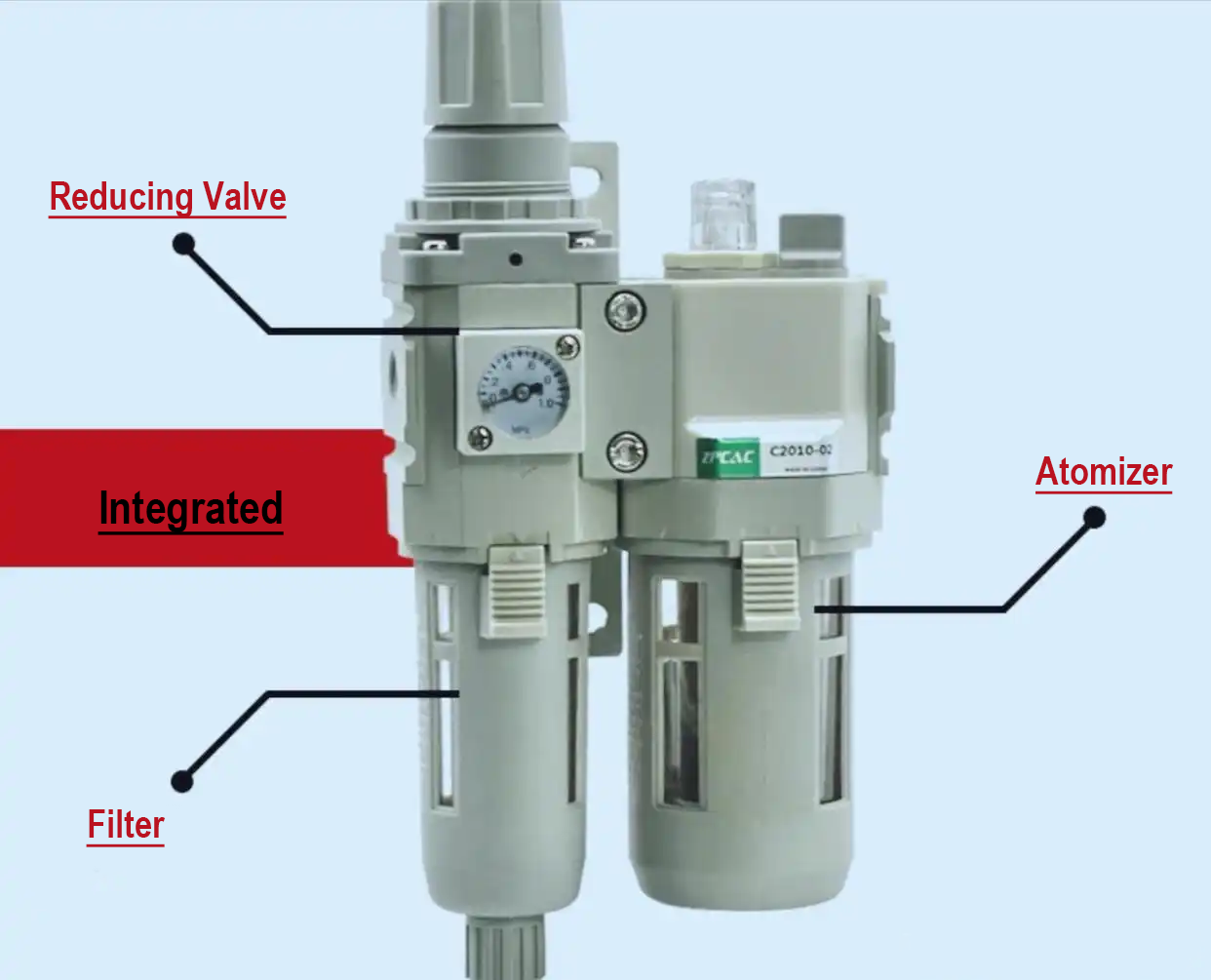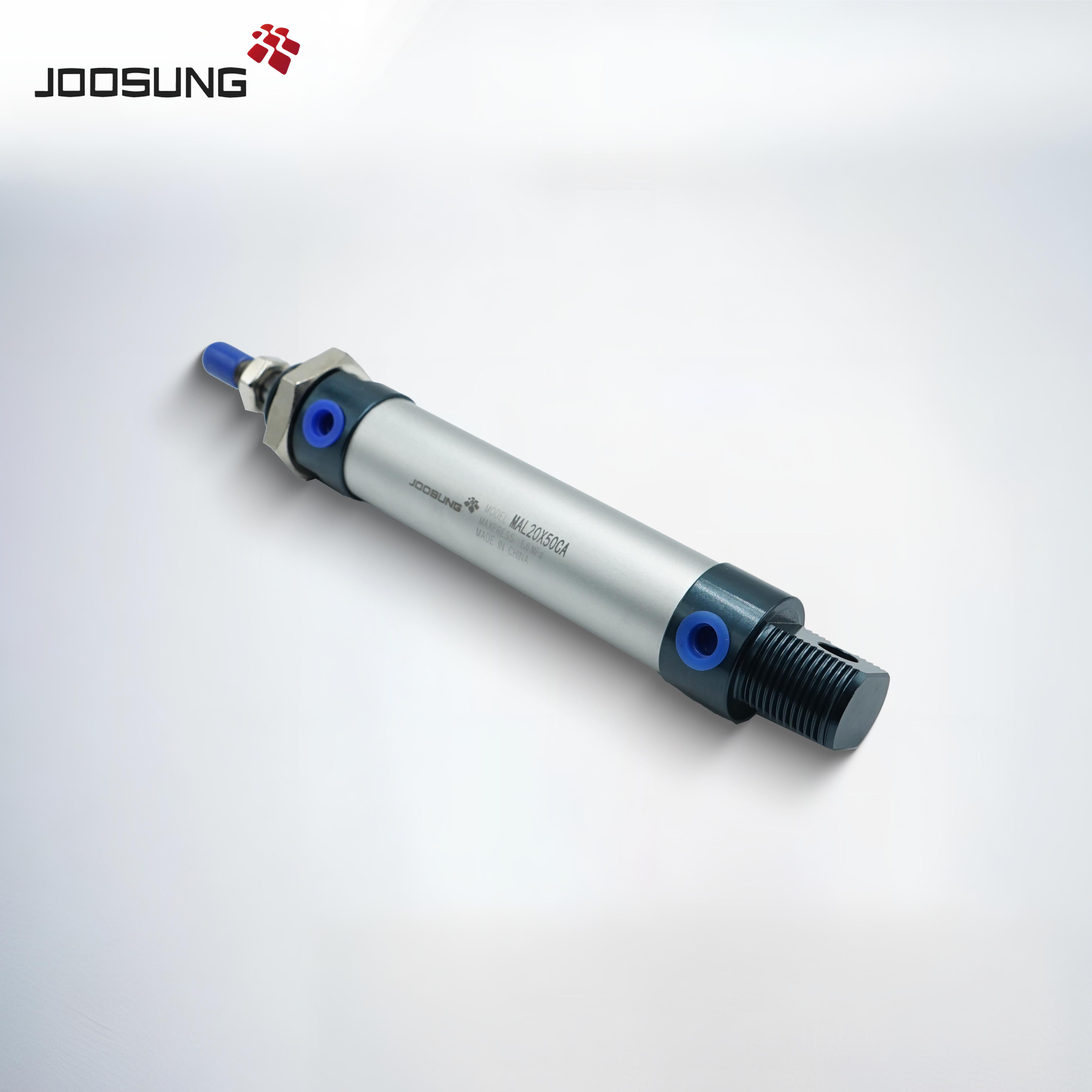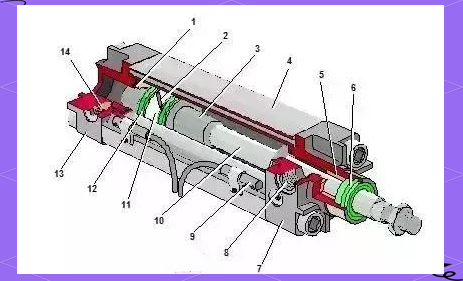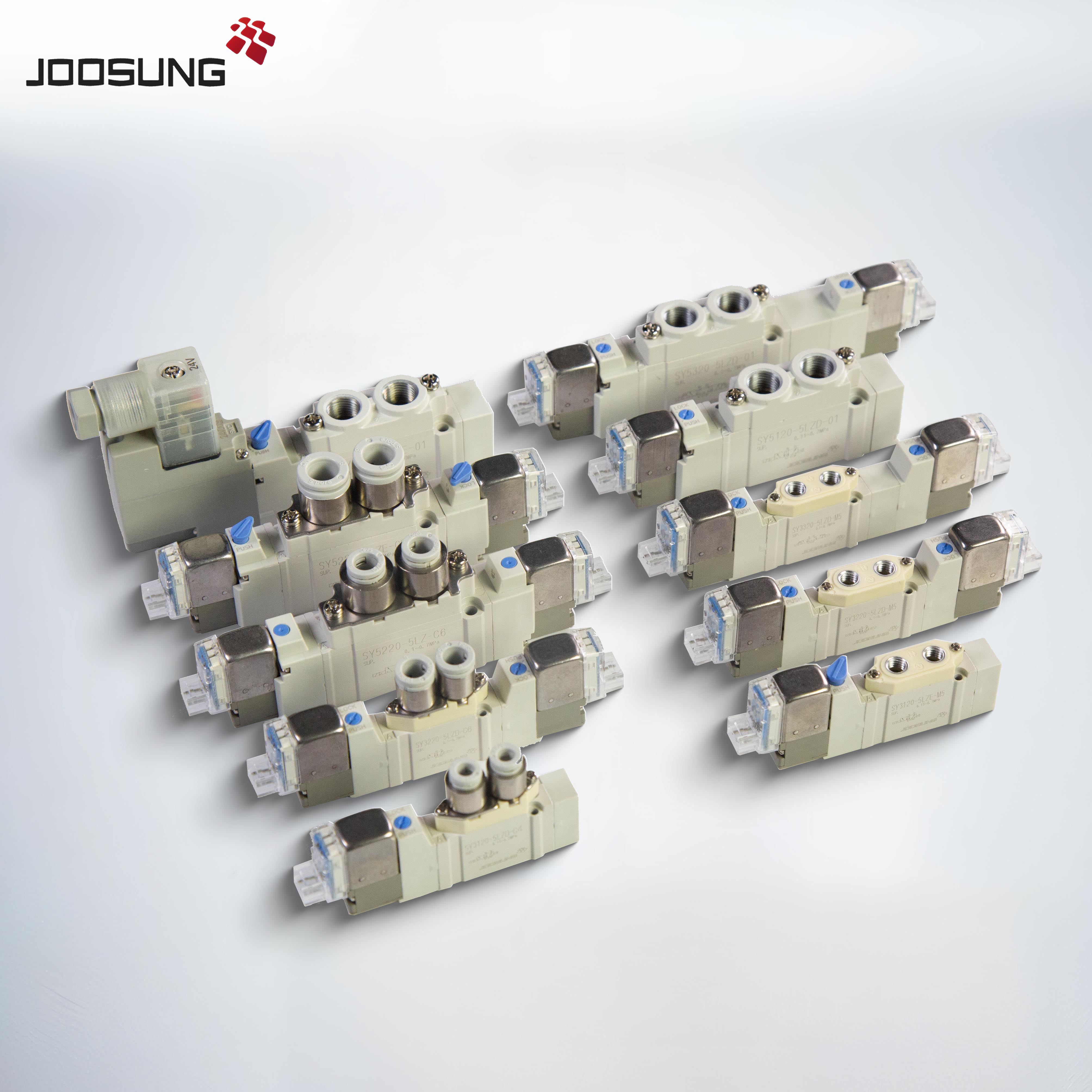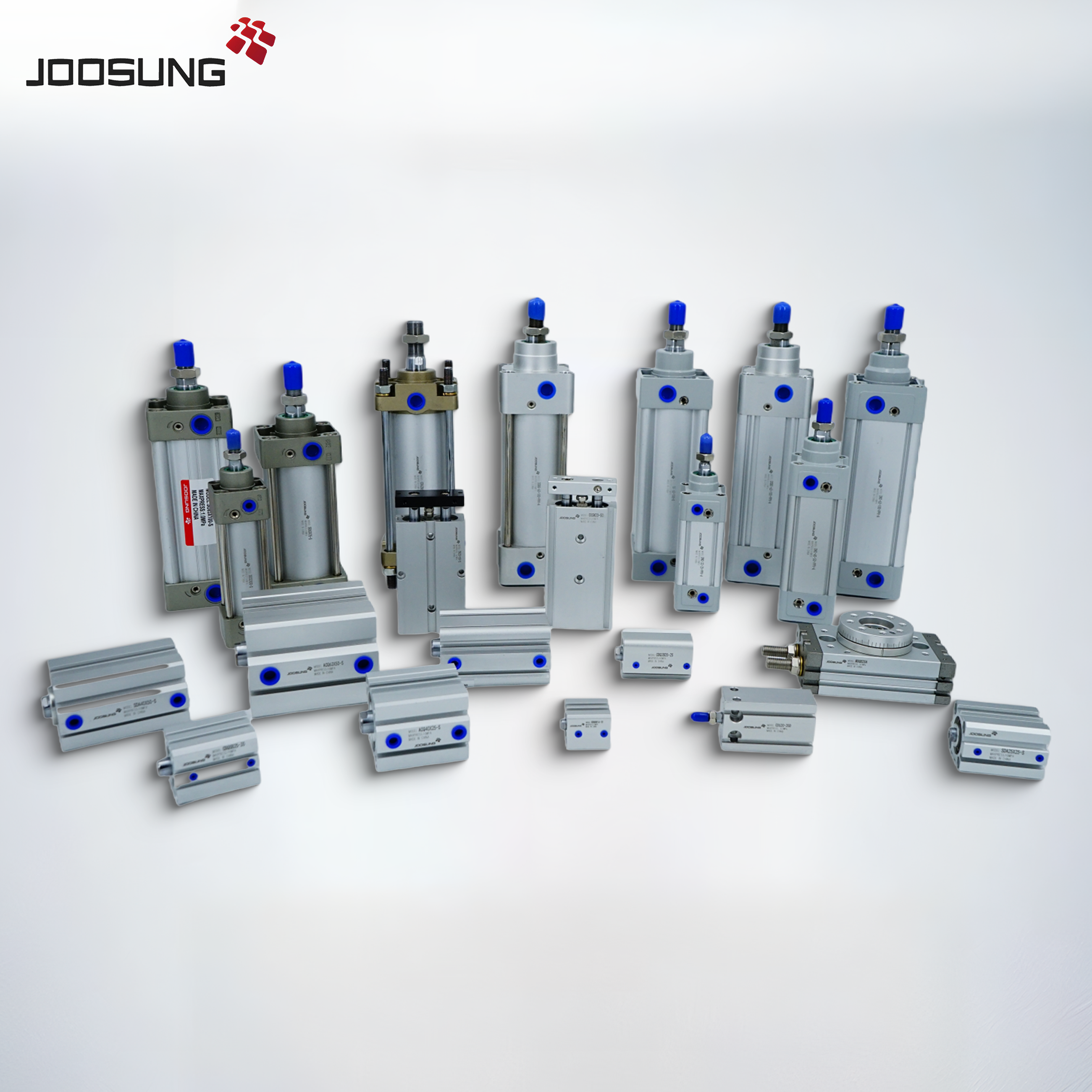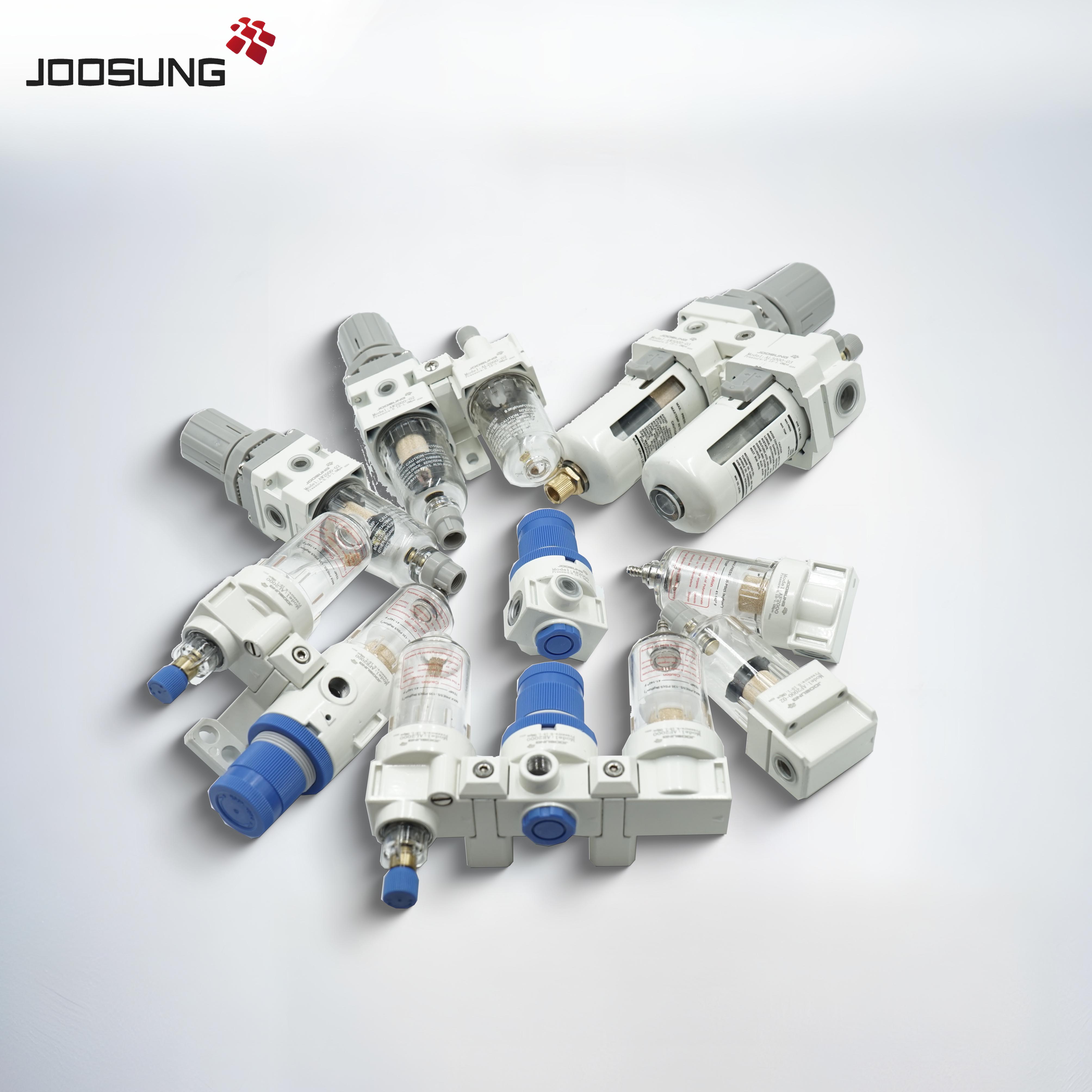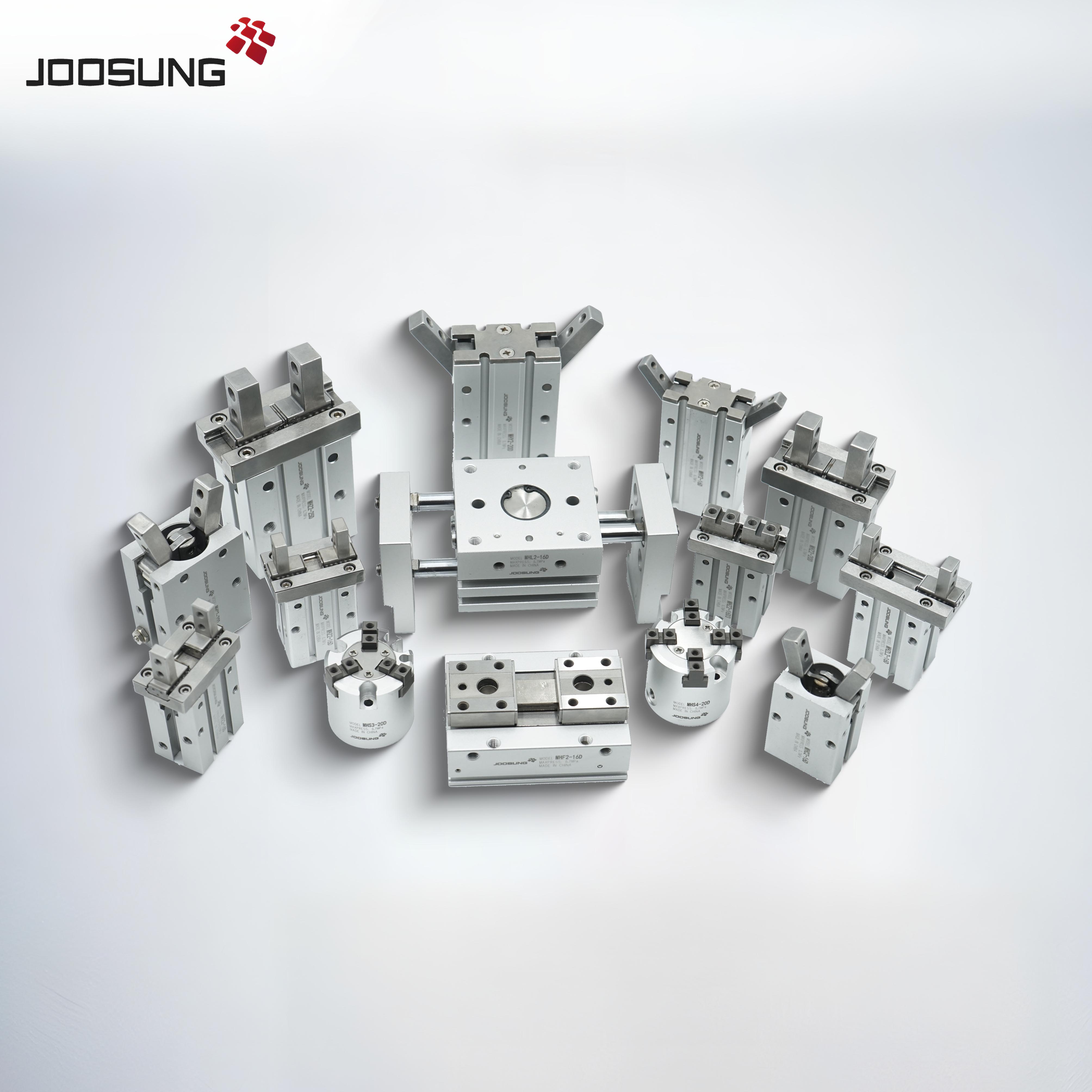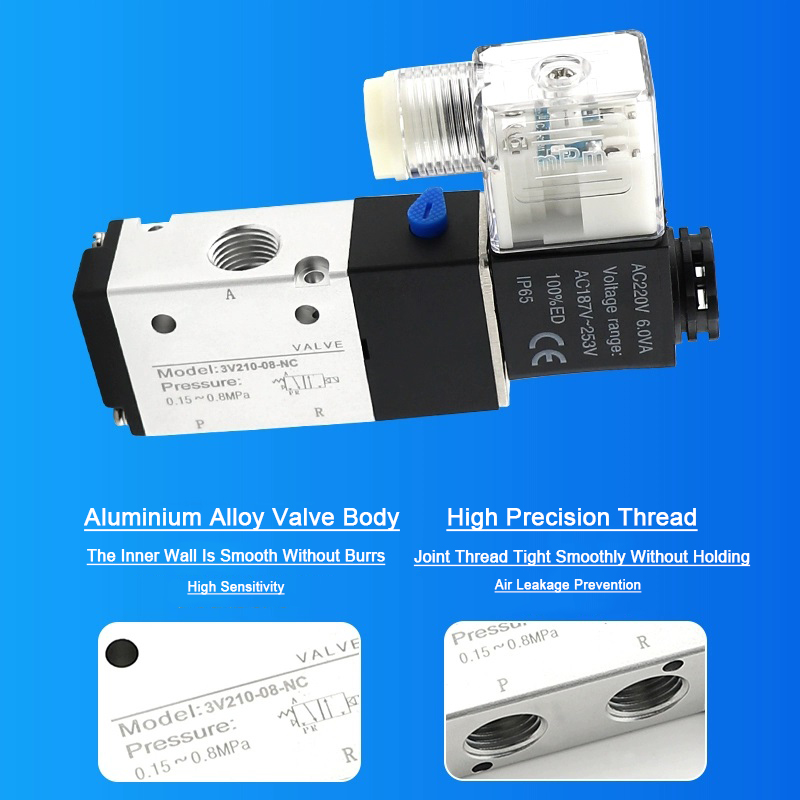
at the same time as pneumatic solenoid valves are designed especially for controlling air or gasoline waft, the usage of them for water isn't always ideal, and there are numerous critical elements to consider before doing so:
1. material Compatibility:
Pneumatic solenoid valves are typically manufactured from substances like brass, stainless steel, or plastic, which can be appropriate for air and gases however might not be as immune to corrosion or the wear and tear and tear as a result of water (mainly if it is handled or has impurities).
7729ed14a4cbb62c88851c47b865930b solenoid valves are crafted from substances which could face up to the ability corrosion from water, along with specialised plastics or stainless steel alloys designed for water systems.
2. Seal and Valve production:
Pneumatic valves are designed to address decrease pressure as compared to valves intended for liquid structures. Water, particularly at excessive stress, may additionally purpose problems with the seals and creation of the valve.
Pneumatic valves also are normally designed to permit airflow, which isn't the same as the waft characteristics of water (thicker and extra water-proof). this could result in leaks, poor performance, or maybe harm to the valve.
three. float and pressure:
Pneumatic valves are designed to paintings with low-pressure structures (around 0-10 bar). Water structures regularly require valves which could manage higher pressures, especially in commercial or residential plumbing applications.
in case you use a pneumatic valve in a water gadget that exceeds its strain rating, it is able to not function nicely or may want to fail.
4. Water manage:
at the same time as a solenoid valve designed for water can control water go with the flow (just like pneumatic solenoid valves manipulate air), it needs to be designed to address the special traits of beverages like water, which can be extra viscous or require a unique go with the flow regulation mechanism.
conclusion:
Technically, some pneumatic solenoid valves may go for water beneath sure low-strain conditions, however it’s higher to apply a valve that is in particular designed for liquid drift. Water solenoid valves are constructed with substances, seals, and stress rankings that lead them to greater suitable for coping with water reliably with out leaks, corrosion, or harm. in case your software involves water, it’s most secure to apply a valve designed explicitly for that cause.


